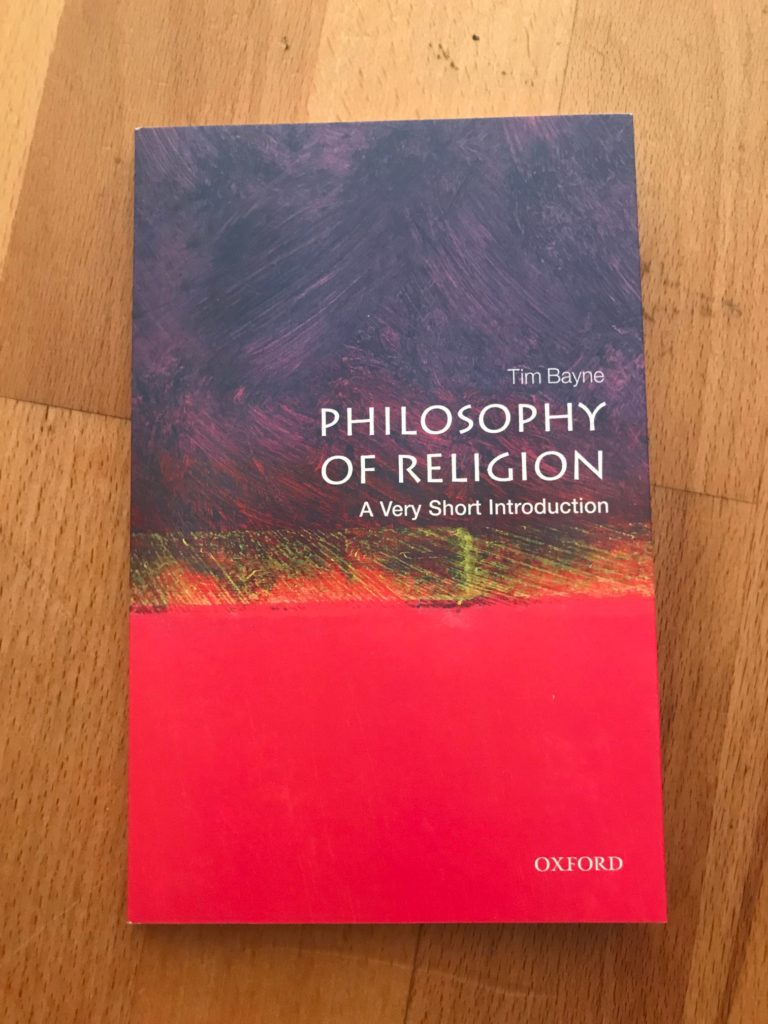One of my favourite authors is Alain De Botton. As well as being an amazing writer, Alain is also a very nice person. So when I asked him for an interview I was delighted when he said yes.
1) The first book I read of yours was The Consolations of Philosophy. A friend lent it to me. The book changed my life. I put quotes from it all over my diary. How important do you think Philosophy is to our everyday life?
I’m delighted you enjoyed the book. I think that one shouldn’t look at Philosophy as just one thing. After all, one wouldn’t say one loved Literature: it’s always particular books and authors that can touch us. So my own attachments in philosophy are to certain thinkers like Epicurus or Nietzsche or Montaigne. They are by no means mainstream and are often considered to be ‘not real philosophers’ by academics, because they address quite practical questions and don’t argue their points as precisely and logically as they might. They are good writers first and foremost, and good psychologists – but not necessarily philosophers in the way that David Hume was.
To answer your question, with the right philosopher (like Montaigne), philosophy can be of incredible importance to life. It helps to illuminate was is confused and expands your horizons. It can literally save your life, that’s the way that the philosophers of Ancient Greece and Rome understood philosophy and I have a lot of sympathy for this therapeutic approach.
2) What is your writing schedule?
I keep to office hours – though can’t work all day, so waste time online and looking out of the window. I am in a constant battle to be more productive, and feel eternally guilty.
3) Do you find it easy to write?
I find it very hard to think properly – which for me is what it means to ‘write well’. It’s so easy to get one’s thoughts tangled and not say the most important things, or at least not say them crisply enough. So I feel very tortured indeed as a writer, and often wish that I were something else (an airline pilot or the manager of a hotel).
4) What do you consider your greatest achievement in life?
Bringing up 2 small lovely boys. Everything else pales in comparison.
5) What is your background?
I was born in Switzerland where I lived till I was 12, at which point I switched languages (from French to English) and moved to the UK. My parents are Jewish, and I’d identify myself as a secular jew.
6) Do we deserve to be happy?
Most of us yes, but we’d also better be ready for a lot of pain. Modern society prepares us for a lot of happiness, it seems inconceivable that we wouldn’t have a good marriage, find a good job and never die – and yet these expectations are on the optimistic side.
7) Who is your favourite writer?
I’m very fond of Marcel Proust, about whom I wrote a book, How Proust can change your Life. I admire his sincerity, his clarity, his simplicity, his courage to say the important things.
8 ) When are you most happy?
Just after finishing an important difficult piece of work. The feeling lasts 10 minutes max.
9) You recently wrote, The Art of Travel. What was the thinking behind it?
For most of us, when we think of how to be happy, we think of one (or all of) three things: falling in love, finding satisfaction at work and going travelling. Travelling can form some of our greatest fantasies: we lie in bed reading a travel supplement, looking at pictures of faraway places (London/Honolulu/Paris/Naples/Sydney/Bali) and think, ‘Here I could be happy!’
But the reality of travel seldom matches our daydreams. The tragi-comic disappointments are well-known: the disorientation, the mid-afternoon despair, the lethargy before ancient ruins. And yet the reasons behind such disappointments are rarely explored. We are inundated with advice on where to travel to; we hear little of why we should go and how we could be more fulfilled doing so.
The Art of Travel is an attempt to tackle the curious business of travelling – why do we do it? What are we trying to get out of it? In a series of essays, I write about airports, landscapes, museums, holiday romances, photographs, exotic carpets and the contents of hotel mini-bars. I mix my own thoughts about travel with those of some great figures of the past: Edward Hopper, Baudelaire, Wordsworth, Van Gogh and Ruskin among them. The result is a work which, unlike existing guidebooks on travel, actually asks what the point of travel might be – and modestly suggests how we could learn to be happier on our journeys.
10 ) My friend, is a Buddhist. She said this wonderful quote to me; ‘ When does the suffering end? When you want it to.’ Do you agree?
I’m very sympathetic to the idea that one could be in total control of one’s life, that one could – simply through an effort of thought – change everything. And yet I’m also realistic enough to know that we are not in command of our minds in a total way, and that suffering is an intrinsic part of life. Your friend is also being a little casual with her Buddhism. Buddhists do believe that there are a few exalted ‘saints’ like the Buddha himself who can overcome suffering. But it adds that they only come along once every hundred years or so and only overcome their desires and drives through an immense daily effort of the will.
To purchase Alain’s books go here; http://www.amazon.com/Alain-de-Botton/e/B000AQW38G/ref=sr_tc_2_0?qid=1276079458&sr=1-2-ent
 An enjoyable series. Philosophy of Religion: A Very Short Introduction is a great though-provoking book. Recommended.
An enjoyable series. Philosophy of Religion: A Very Short Introduction is a great though-provoking book. Recommended.